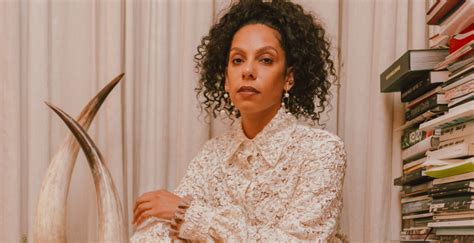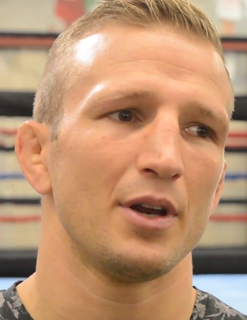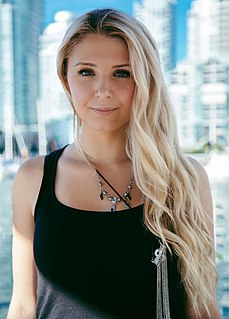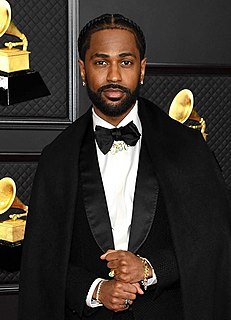A Quote by Logic
I'm proud to be black and white and look the way I look. I'm proud to not speak down on women or glorify things that are unimportant.
Related Quotes
I'm always astounded at the way we automatically look at what divides and separates us. We never look at what people have in common. If you see it, black and white people, both sides look to see the differences, they don't look at what they have together. Men and women, and old and young, and so on. And this is a disease of the mind, the way I see it. Because in actual fact, men and women have much more in common than they are separated.
I have a pretty clear picture of the whole weight of my life, and there are things that I've done that are good, and I'm proud of them. There are things that I'm really not proud of, and that they, you have to look at me with a perspective, and I try really hard to do that, to keep from thinking I'm cool and ever so smart.
I think the play offers (white Americans) a different way to look at black Americans For instance, in 'Fences' they see a garbageman, a person they don't really look at, although they see a garbageman every day. By looking at Troy's life, white people find out that the content of this black garbageman's life is affected by the same things- love, honor, beauty, betrayal, duty. Recognizing that these things are as much part of his life as theirs can affect how they think about and deal with black people in their lives.
The issue of redistribution of resources and wealth needs to resolved systemically, but in the meantime but there are individual spots you can occupy. There are things that you can do on a daily basis that will make a difference in moving the needle in individual lives. When we look at the mentoring of young black kids, for instance, the number-one mentor group is white women. I think after that maybe it's black women, and then white men, and then black men. We can make all kinds of arguments about that.



































